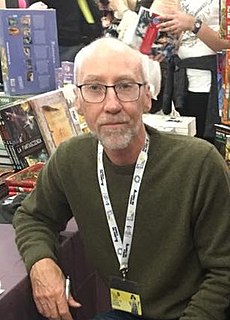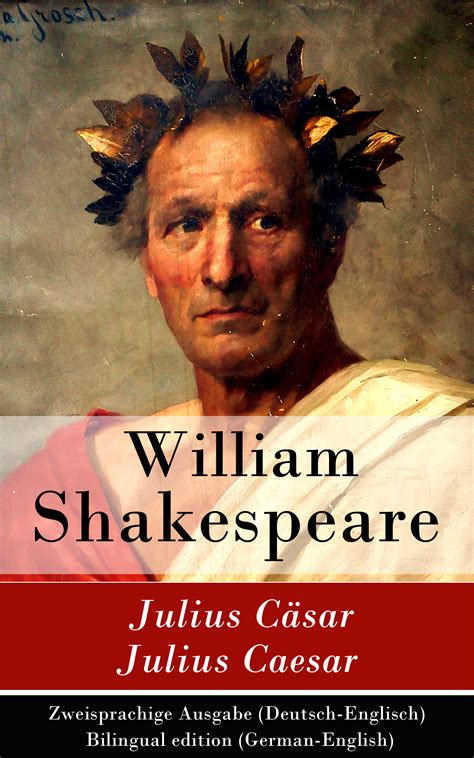A Quote by Thomas a Kempis
The end of all is death and man's life passeth away suddenly as a shadow.
Related Quotes
Everybody is afraid of death for the simple reason that we have not tasted of life yet. The man who knows what life is, is never afraid of death; he welcomes death. Whenever death comes he hugs death, he embraces death, he welcomes death, he receives death as a guest. To the man who has not known what life is, death is an enemy; and to the man who knows what life is, death is the ultimate crescendo of life.
It is the same for all men. None of us can escape this shadow of the father, even if that shadow fills us with fear, even if it has no name or face. To be worthy of that man, to prove something to that man, to exorcise the memory of that man from every corner of our life--however it affects us, the shadow of that man cannot be denied.
Birth leads to death, death precedes birth. So if you want to see life as it really is, it is rounded on both the sides by death. Death is the beginning and death is again the end, and life is just the illusion in between. You feel alive between two deaths; the passage joining one death to another you call life. Buddha says this is not life. This life is dukkha - misery. This life is death.
We are left with nothing but death, the irreducible fact of our own mortality. Death after a long illness we can accept with resignation. Even accidental death we can ascribe to fate. But for a man to die of no apparent cause, for a man to die simply because he is a man, brings us so close to the invisible boundary between life and death that we no longer know which side we are on. Life becomes death, and it is as if this death has owned this life all along. Death without warning. Which is to say: life stops. And it can stop at any moment.
Before the beginning of years There came to the making of man Time with a gift of tears, Grief with a glass that ran, Pleasure with pain for leaven, Summer with flowers that fell, Remembrance fallen from heaven, And Madness risen from hell, Strength without hands to smite, Love that endures for a breath; Night, the shadow of light, And Life, the shadow of death.
A man who thinks that death is against life can never be non-violent. It is impossible. A man who thinks that death is the enemy can never be at ease, at home. That is impossible. How can you be at ease when the enemy is waiting for you any moment? It will jump on you and destroy you. How can you be non-tense when death is waiting just around the corner and the shadow of death is always falling on you? It can happen any moment. How can you rest when death is there? How can you relax? The enemy won't allow you to relax.
Laughter. Yes, laughter is the Zen attitude towards death and towards life too, because life and death are not separate. Whatsoever is your attitude towards life will be your attitude towards death, because death comes as the ultimate flowering of life. Life exists for death. Life exists through death. Without death there will be no life at all. Death is not the end but the culmination, the crescendo. Death is not the enemy it is the friend. It makes life possible.
Faith shall save your Soul from Death. Without Faith, Death is a drowning, the end of ends, and what sane man wouldn't fear that? But with Faith, Death is nothing worse than the end of the voyage we call life, and the beginning of an eternal voyage in a company of our Loved Ones, with griefs and woes smoothed out, and under the capacity of our Creator.
Death is not the end, but the beginning of a new life. Yes, it is an end of something that is already dead. It is also a crescendo of what we call life, although very few know what life is. They live, but they live in such ignorance that they never encounter their own life. And it is impossible for these people to know their own death, because death is the ultimate experience of this life, and the beginning experience of another. Death is the door between two lives; one is left behind, one is waiting ahead.
The light of genius is sometimes so resplendent as to make a man walk through life, amid glory and acclamation; but it burns very dimly and low when carried into "the valley of the shadow of death." But faith is like the evening star, shining into our souls the more brightly, the deeper is the night of death in which they sink.
































